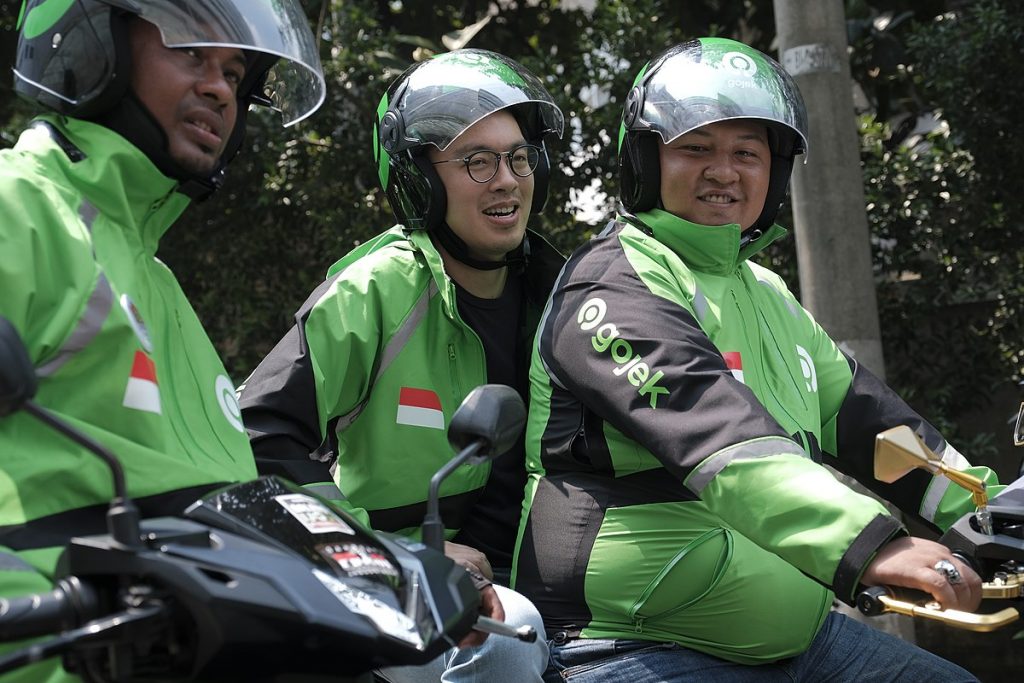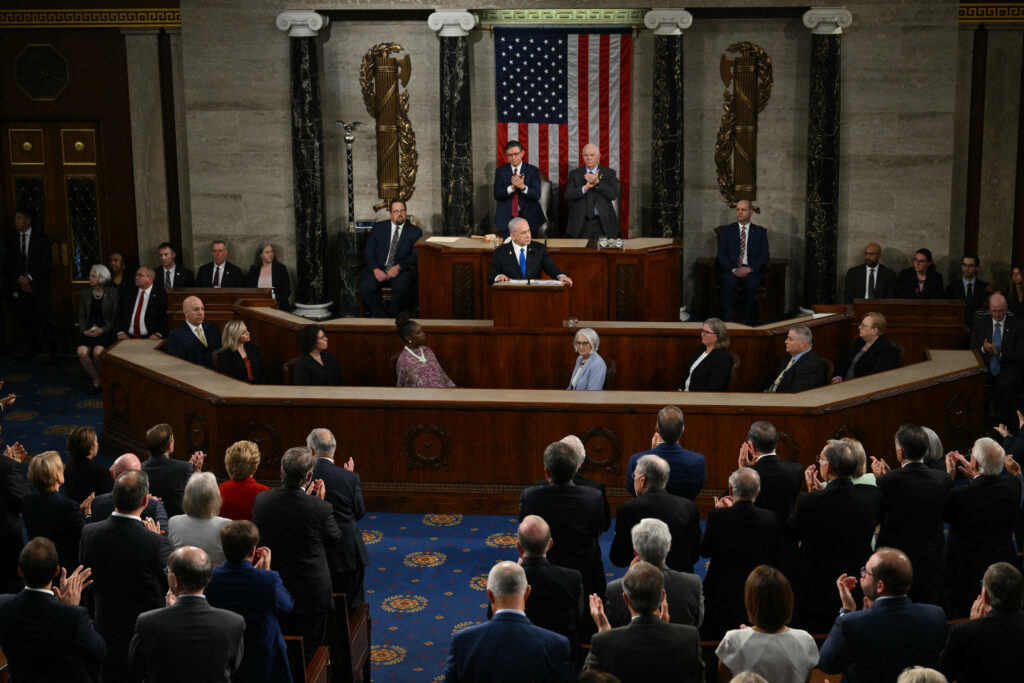How Indonesia Can Attract Saudi Investments During the Covid-19 Pandemic
- - July 23, 2020

By Dede A Rifai
Most countries in the world have been affected by the ongoing Covid-19 pandemic. Among them, Indonesia and Saudi Arabia have not been spared. These two countries have seen the pandemic affect not only the health of their citizens but also that of their economies.
Though Saudi Arabia’s economy has been hit by both the coronavirus and lower oil prices, it is still pursuing a strategy of broadening its global portfolio while investing in domestic projects for its sovereign wealth fund. The Public Investment Fund of Saudi Arabia (PIF) is looking into investment opportunities overseas in various areas such as aviation, banking, energy, entertainment, digital economy and information technology. PIF, currently managing assets amounting to US$320 billion, aims to become the largest sovereign wealth fund in the world with total assets of US$2 trillion.[1]
On 16 May 2020, the United States Securities and Exchange Commission reported that PIF had invested billions of dollars in the US equities market. The companies and share value bought by PIF include Boeing (US$713.7 million), Disney (US$495.8 million), Citigroup (US$521.9 million), Bank of America (US$522 million), Marriot International (US$513 million) and Facebook (US$521.9 million).[2]
PIF has not only been investing in developed countries but also in the developing world. On 14 June 2020, Financial Times and Bloomberg reported that PIF has reached an agreement to invest in India by buying US$1.5 billion worth of Jio Platforms’ shares.[3] Jio Platforms is a subsidiary company of Reliance Industry Ltd, an Indian conglomerate whose businesses span telecommunication, e-commerce, online entertainment and online payments areas.
PIF’s investment in Jio Platforms follows the steps of other large companies and sovereign wealth funds — including the United Arab Emirates’ (UAE) Abu Dhabi Investment Authority (US$752 million) and Mubadala (US$1.2 billion), Facebook (US$5.7 billion), and US private equity companies, such as Silver Lake Partners (US$1.35 billion) and General Atlantic (US$873 million) — that previously bought Jio Platforms’ shares.
Unfortunately, despite these recent global investments, PIF has not shown much interest in Indonesia. Indonesia, on the other hand, has been courting investments from Saudi Arabia and other wealthy Gulf states to reduce its reliance on China, and this raises the following questions: why have PIF investments not reached Indonesia, and how can it attract PIF investors amid the Covid-19 pandemic?
In addressing the above questions, I refer to Brian Perry to evaluate country risks for international investing. He argues that the decision to invest overseas should begin with determining the country risk. In this case, country risks refer to the economic, political and business risks that are unique to a specific country which might result in unexpected investment losses.[4]
Perry’s opinion is further supported by Jacob Grant’s opinion on the risks of and returns on investment. Grant said: “There is a discernible thrill to picking stocks correctly. Carefully considering risks, weighing possible options, and evaluating every aspect of a company, pulling the trigger, and finally seeing all hard work pays off is extremely satisfying — and it can be very profitable too.”[5]
After considering the country risk, a company will weigh the costs and benefits and possible returns on investments in the country under consideration. The company will then choose to invest in the country if it gives more benefits/returns in the short and long term.
To strengthen the two opinions which addressed the above questions, I borrow from game theory, and in particular the prisoner’s dilemma. It provides a framework for understanding how to strike a balance between co-operation and competition to achieve mutual benefit. It shows that mere co-operation is not always in one’s best interests. It also describes deadlock situations between two parties who even though they have the potential to be partners are unable to co-operate because they lack trust.[6] In other words, trust is important in developing co-operation.
Based on the above opinions and theory, I argue that PIF has not invested in Indonesia because it has not been able to find trustworthy Indonesian companies that can promise benefits or returns. My argument that the benefits or returns factor in how PIF chooses its investments is supported by what the governor of PIF, Yasir Al-Rumayyan, said after reaching an agreement with India’s Jio Platforms. He said: “We believe that the potential of the Indian digital economy is very exciting and that Jio Platforms provides us with an excellent opportunity to gain access to that growth. This investment will also enable us to generate significant long-term commercial returns for the benefit of Saudi Arabia’s economy.”[7]
In its overseas investment, PIF has co-operated with many trusted large companies, such as Facebook, Citigroup, Boeing, Disney, Bank of America, Marriot International, Royal Dutch Shell and Softbank. In the case of its investments in Jio Platforms, PIF followed examples of other companies and sovereign wealth funds, such as Abu Dhabi Investment Authority (Adia), Mubadala, Facebook, and US private equity companies, as well as Silver Lake Partners and General Atlantic that had previously invested in Jio Platforms.
Referring to the PIF experience and preferences as mentioned above, and to attract PIF to invest in Indonesia, I recommend that Indonesia put forward trusted large Indonesian companies, those which have cooperated with other global companies and have similar business links with PIF. Indonesian companies that fit this criterion include Bank Rakyat I, Bank Mandiri, Bank Negara Indonesia, Bank Central Asia, Telkom, Chandra Asri, Indofood, Tambang Batubara Bukit Asam, Medco Energy International, and Decacorn or unicorn start-up companies, such as Gojek, Tokopedia, OVO and Traveloka.
To gain PIF’s trust, Indonesian companies should directly and proactively lobby PIF’s board of directors or executives, since many prefer companies directly approaching them, as implied by Al-Rumayyan in an interview with David Rubenstein for Bloomberg in March 2020.[8]
In short, big Indonesian companies could attract PIF to invest in Indonesia during the ongoing Covid-19 pandemic by directly and proactively engaging with PIF to show that their companies are trusted and will provide short- and long-term benefits or returns.
Another reason that PIF should consider Indonesia as one of its investment destinations during the Covid-19 outbreak is that Indonesia is among the few countries that have been able to effectively minimise the pandemic’s negative effects. During the pandemic, Indonesia maintained its social, political and security stability; there were no riots or chaos. In addition, it is predicted that the big Indonesian companies’ share prices will rebound after the pandemic, as they did after the previous economic crises in 1998 and 2008. This confidence is felt by others as well, with the World Bank recently upgrading Indonesia’s status from a lower-middle-income into an upper-middle-income country.[9]
The presence of reputable investors such as PIF would help large Indonesian companies’ share values to recover. The entry of PIF into the Indonesian stock market would likely be followed by other sovereign wealth funds or big companies from Saudi Arabia and other Middle Eastern countries, such as Aramco, SABIC, Adia, Investment Corporation of Dubai and Mubadala from the UAE, Qatar Investment Authority and Kuwait Investment Authority.
The funds poured by PIF and big companies from Saudi Arabia into Indonesian companies will benefit Indonesia through the generation. It will boost the creation of job opportunities and increase the government’s revenue through corporate tax, which can then be reinvested into the Indonesian people. The increased profits for PIF and rich Gulf investors will also benefit their home countries, a win-win situation for all those involved.
About the Author
Mr Dede A Rifai is a senior diplomat (with the diplomatic rank of minister) at the Policy Analysis and Development Agency of the Ministry of Foreign Affairs of Indonesia. He is also a doctoral student at Padjadjaran University in Indonesia. The views expressed in this article as his own and do not represent the Indonesian government or other organisations.
Image caption: Gojek is the first Indonesian unicorn company, as well as the country’s first “decacorn” company. (Photo by – Dadbod1234 / Wikimedia Commons)
[1] More information on the PIF can be found at pif.gov.sa.
[2] Deena Kamel, “Saudi Arabia’s Public Investment Fund invests billions of dollars in Boeing, Disney and Facebook shares”, 16 May 2020, https://www.thenational.ae/business/saudi-arabia-s-public-investment-fund-invests-billions-of-dollars-in-boeing-disney-and-facebook-shares-1.1020204.
[3] Benjamin Parkin, “Saudi Arabia’s PIF invests $1.5 billion in Jio Platforms”, 18 June 2020, https://www.ft.com/content/aa7bc92c-8185-43f5-8c5a-ac080b046191; and PR Sanjai, “Saudi Arabia to invest US1.5 billion in India’s Jio Platforms”, 18 June 2020, https://www.bloomberg.com/news/articles/2020-06-18/saudi-arabia-s-pif-to-invest-1-5-billion-in-jio-platforms.
[4] Brian Perry, “Evaluating Country Risk for International Investing”, 1 June 2020,
https://www.investopedia.com/articles/stocks/08/country-risk-for-international-investing.asp.
[5] Jacob Grant, “Minimize Risk, Maximize Return”, 15 June 2014,
https://www.economix101.com/home/minimize-risk-maximize-return.
[6] Elvis Picardo, “The Prisoner’s Dilemma in Business and the Economy”, 22 Jan 2020,
https://www.investopedia.com/articles/investing/110513/utilizing-prisoners-dilemma-business-and-economy.asp.
[7] Staff writer, “Saudi Arabia’s PIF to invest $1.5bn in Jio Platforms”, 18 Jun 2020,
[8] “The David Rubenstein Show: Saudi Wealth Fund Yasir Al-Rumayyan”, March 2020,
https://www.youtube.com/watch?v=bUcyQGOzG3s.
[9] Umar Serajuddin & Nada Hamadeh, “New World Bank country classifications by income level: 2020-2021”, 1 July 2020, https://blogs.worldbank.org/opendata/new-world-bank-country-classifications-income-level-2020-2021.
More in This Series
More in This Series
- Jean-Loup Samaan
- - July 11, 2024
- Aisha Al-Sarihi, Ehsan Rasoulinezhad, Jinseok Sung
- - June 20, 2024








